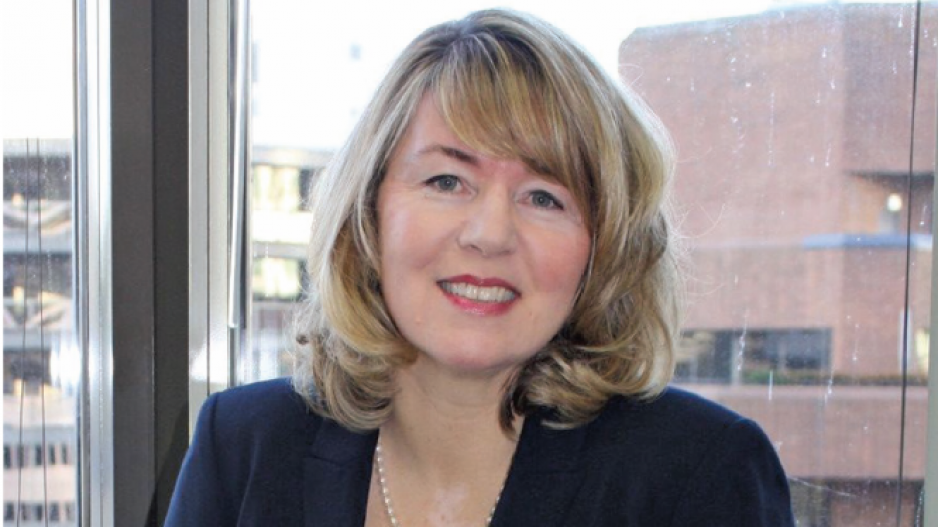New housing starts in the U.S. were up to 1.1 million in 2016, and are expected to continue improving in 2017.
But once again, Canadian lumber producers will be fighting for a share of that growing market at a time when the U.S. is applying countervailing duties against Canadian forestry companies
Charges of dumping have been levied against four large Canadian companies, three of which are B.C. companies: Canfor Corp. (TSX:CFP), West Fraser Timber Co. (TSX:WFT) and Tolko Industries Ltd. They now face the prospect of punitive countervailing duties on their exports.
Federal and provincial trade and forestry sector officials are in Ottawa today strategizing on the latest softwood lumber battle with the U.S. – something of a never ending story.
In a joint teleconference call, B.C. Minister of Forests, Lands and Natural Resource Operations Steve Thomson and Council of Forest Industries (COFI) president Susan Yurkovich reiterated the Canadian stance: Americans need Canadian lumber and duties on Canadian softwood lumber will only increase costs for homebuilders and homeowners in the U.S.
“If they want to build their economy, they need our lumber,” Thompson said. “When you look at sawmilling capacity to meet their domestic needs, and with … housing starts forecast to increase, they’re going to need our lumber. It’s beneficial for their economy.”
It’s estimated that the U.S. will have consumed 47 billion board feet of lumber in 2016, but produced only 32 billion board feet, Yurkovich said.
“So there’s a very significant gap there and B.C. – or Canada as a whole – has generally been about a third of the market,” Yurkovich said.
But getting that message across to average Americans may require a a public awareness campaign which, in the past, cost millions.
Two of the four companies that are now facing countervailing duties –
Canfor and West Fraser – are somewhat hedged now, thanks to having bought up a number of American sawmills.
“We are fortunate that our companies in British Columbia have done a lot of capital investment,” Yurkovich said. “They are very competitive, and if they are facing this new challenge, we are in as good a place to be in terms of being able to withstand a period of duties.”
Even so, there may be pressure to assist Canadian forestry companies caught in the crossfire of the latest softwood lumber war.
Quebec recently committed to giving forestry companies facing countervailing duties loan guarantees.
Asked if B.C. might consider something similar, Thompson said his government has to be careful it doesn’t do anything that might be viewed as unfair subsidization of the industry, which could only strengthen the fundamental argument of the U.S. Lumber Coalition, which is that Canada’s Crown forest tenure systems are a kind of government subsidy.
“We have to ensure that whatever we do is trade compliant and doesn’t create further risk in the litigation processes,” Thompson said.
One thing the B.C. government could do to help the forestry sector, however, is remove the PST from industrial power sales – a move that would make the pulp and paper sector, which is a critical part of B.C.’s integrated forestry industry, more viable.
Since B.C. appears to be the only jurisdiction that charges a sales tax on industrial power sales to begin with, eliminating the PST on industrial power would not likely be seen as a subsidy.
“That would not be an issue,” Yurkovich said, “because it would be a law of general application, so it would not fall under the countervailing duty threat.”
Although U.S. sawmills are only supplying about 32 billion board feet per year, Yurkovich said the U.S. industry does have the capacity to go to 42 billion.
“The trouble is you can’t do that overnight,” she said.




